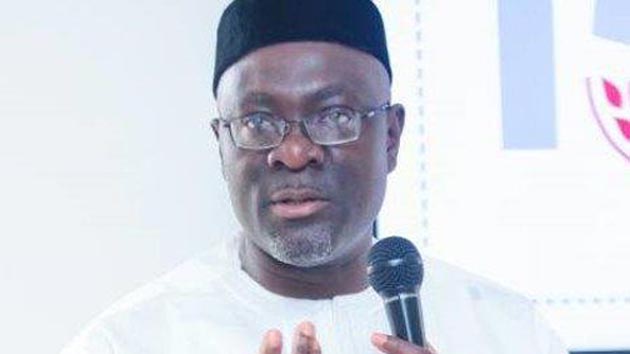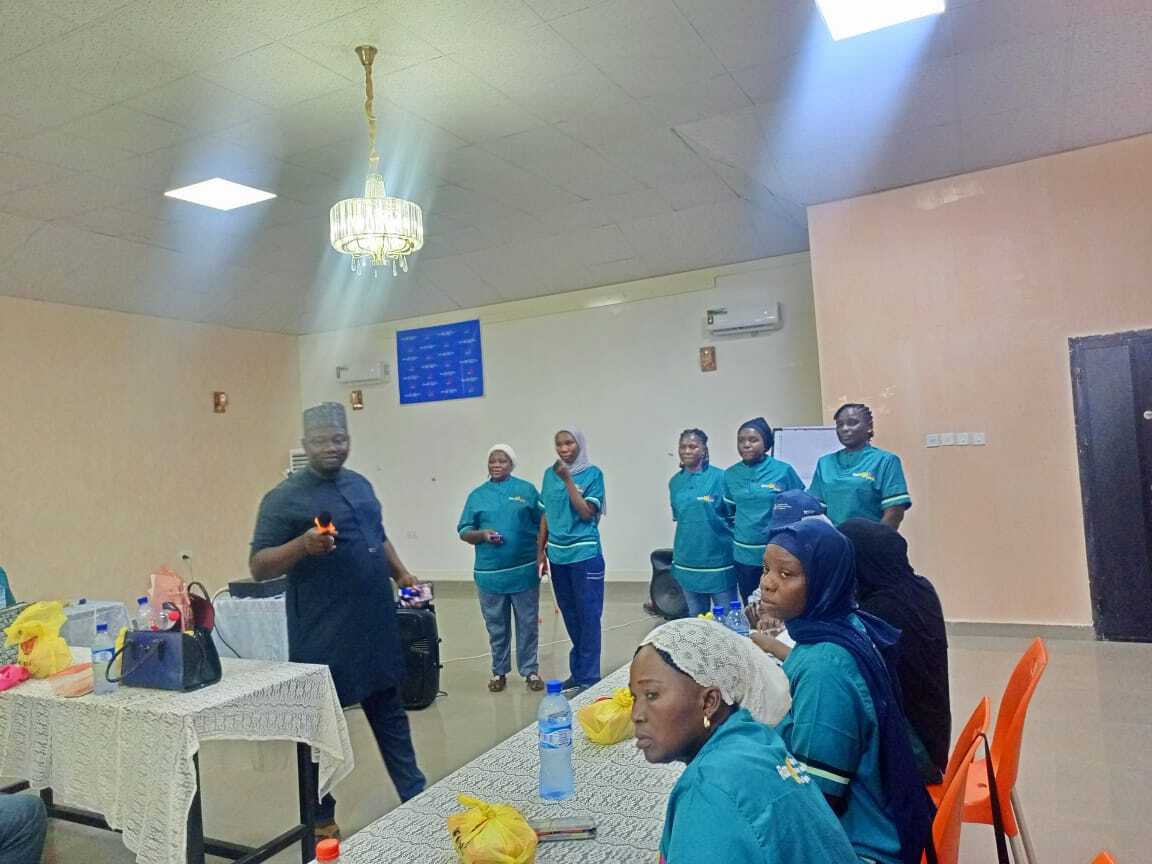In a country as dynamic and demographically rich as Nigeria, there is no shortage of talent, ambition, or resourcefulness. Yet, we continue to grapple with slow development, inefficient systems, and fragile institutions. The challenge is not always a lack of resources. Often, it is a lack of insight. This is where Business Intelligence (BI) becomes more than just a corporate tool. It becomes a national imperative.
As a Business Intelligence professional with over six years of experience, I have seen first-hand how transformative data can be when it is properly harnessed. My work through Transfuse Analytics has helped companies and aspiring data professionals across Lagos, Abuja, Port Harcourt, and Ibadan to unlock the power of BI in making decisions that are not just reactive but strategic. But beyond business growth, the question we must ask is: how can BI serve Nigeria, not just as a tool for profit, but as a framework for national development?
The answer lies in how we value and use information. In many sectors — from healthcare to education, agriculture to security — decisions are often made based on assumptions and anecdotal evidence. This habit is costly. A local government that does not know which schools are overcrowded cannot plan effectively. A state health agency that lacks current data on disease outbreaks cannot respond quickly. A transport authority without commuter pattern insights cannot reduce congestion sustainably. BI provides the structure to turn raw data into usable insight. And Nigeria desperately needs that clarity.
Consider the challenge of youth unemployment. It is widely acknowledged as a national crisis, yet few solutions are driven by real-time data that identify specific gaps — such as the industries creating new roles, the emerging skills in demand, or the regions producing talent with limited access to opportunities. With BI tools like predictive analytics and interactive dashboards, these patterns can become visible. Policymakers could then act on evidence, not instinct.
At Transfuse Analytics, we have developed platforms that help organisations understand their operations with greater precision. This has allowed them to reduce waste, streamline workflows, and uncover new opportunities. Just as importantly, we have worked to build a pipeline of data-literate young Nigerians through training and mentorship. These individuals are already helping smaller businesses across the country make smarter decisions. If this model is adopted more widely, we could begin to reshape how public institutions function as well.
To unlock Nigeria’s full potential with BI, three things must happen.
First, public data infrastructure needs investment. Ministries, departments, and agencies must digitise records, link databases, and support open data initiatives that encourage collaboration between the public and private sectors.
Second, we must bring data literacy into mainstream education. Introducing BI tools and concepts at the secondary and tertiary levels will help prepare students for a future driven by analytics.
Third, there must be a shift in how leadership across the country approaches decision-making. From local governments to federal agencies, the use of data must become the norm, not the exception.
Nigeria has the population, the ambition, and the resources to succeed. But without structured insight to guide our actions, we risk doing more of the same and expecting different results. Business Intelligence offers a practical way forward. It empowers people to understand problems more clearly and respond to them more effectively. With the right investment in talent, tools, and trust, BI can be one of the most valuable levers in our nation’s push for growth. The future will not be built on assumptions. It will be built on insight.
Seun Ogunsanya is a Business Intelligence Consultant and the Founder of Transfuse Analytics. He is a leading expert in Power BI, Tableau, Advanced Excel, SQL, and Azure Synapse, with a strong background in designing data systems and training emerging professionals. Through his work, he continues to advocate for data-driven solutions that promote better governance, stronger businesses, and inclusive national development.






